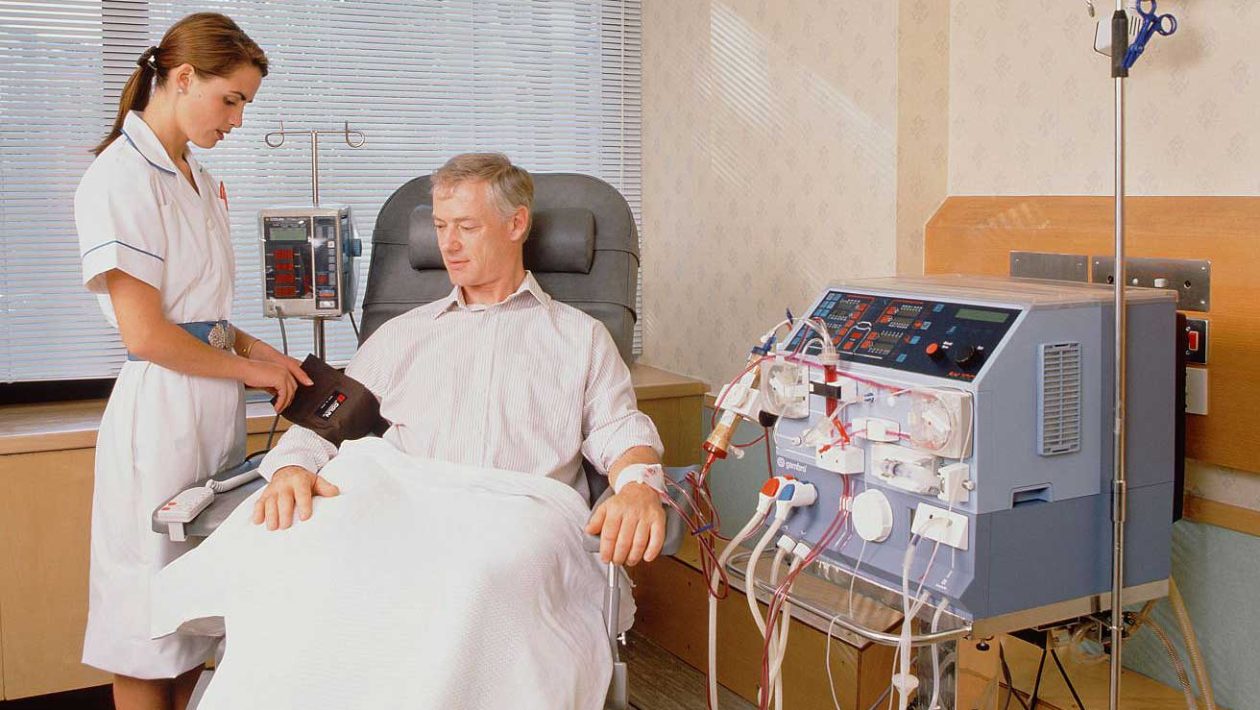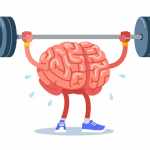Every day, thousands of dialysis patients in the United States struggle with their chronic health conditions and fight for another day. Despite their valiant efforts, many dialysis patients find themselves at a crossroads; without proper care, these individuals may reach the point of no return.
Unfortunately, understanding how do dialysis patients die is an important part of understanding how to extend life expectancy. Learning more about the various causes of death associated with dialysis can help prevent, diagnose, and treat those living with this disease. From failing organs to infections, here is a look at how do dialysis patients die and how to support them in trying times.
Table of Contents
Sudden cardiac arrest
Dialysis patients are in a delicate balance, dependent on their dialysis treatments to sustain life. Unfortunately, when this balance is disrupted, it can lead to death. One of the most common causes of death in dialysis patients is sudden cardiac arrest. This occurs when the heart stops beating suddenly, usually due to an electrical disturbance in the heart’s rhythm. Cardiac arrest can be caused by various factors, from medications to infections. It is especially dangerous in dialysis patients because they often have weakened hearts due to high toxins in their blood.

Pulmonary embolism
Another common cause of death among dialysis patients is pulmonary embolism. This occurs when a clot or obstruction forms in the pulmonary arteries, preventing oxygen from entering the bloodstream. Various factors, such as low-grade inflammation in the body or trauma to the chest can cause it. Dialysis patients are at a higher risk of developing pulmonary embolism due to their weakened immune systems and the frequent presence of protein in their blood. Both sudden cardiac arrest and pulmonary embolism can be deadly if not treated quickly, so dialysis patients must stay vigilant and take steps to prevent these conditions.
Sepsis
Sepsis is a life-threatening complication of an infection that occurs when the body’s response to infection damages organs and tissues. It occurs when bacteria or other infectious organisms enter the bloodstream and cause a systemic inflammatory response in the body. Symptoms of sepsis include fever, low blood pressure, confusion, shortness of breath and rapid heart rate. If not treated promptly and effectively, the condition can quickly become life-threatening.

Hypotension
Hypotension, or low blood pressure, is another major risk for dialysis patients. Hypotension occurs when the pressure of the blood circulating through your body falls below normal levels. This can occur due to various conditions, including dehydration, medication side effects, or damage to the heart muscle caused by long-term dialysis use. The symptoms of hypotension may range from mild discomfort to more serious signs such as lightheadedness, dizziness, fainting, confusion, or loss of consciousness. Left untreated, hypotension can lead to organ failure, shock, and even death.
Electrolyte imbalance
Dialysis patients often die from electrolyte imbalances. When the kidneys are not filtering properly, electrolytes can build up in the bloodstream and cause dangerous changes in blood pressure, heart rate, and other bodily functions. Too much or too little sodium, potassium, chloride, and other important electrolytes can make it difficult for cells to function properly. This can lead to organ damage, cardiac arrest, stroke, or coma. Seizures can also occur due to low levels of calcium in the blood.
Infections
Infections are another major cause of death among dialysis patients. Dialysis machines use the same recycled water multiple times, which can lead to bacteria buildup and contamination. Dialysis patients may also have weakened immune systems due to medical conditions preventing their bodies from fighting illnesses. If an infection is not treated quickly and aggressively, it can spread rapidly throughout the body and cause life-threatening medical complications. Sepsis, pneumonia, and urinary tract infections are common infection-related causes of death in dialysis patients.
Cardiac arrhythmia
This is how do dialysis patients die. Cardiac arrhythmia is an irregular heartbeat that can be caused or worsened by many factors, including medications or electrolyte imbalances. Dialysis patients are particularly vulnerable because they often have to take multiple medications and their electrolytes may be out of balance due to the loss of fluids during hemodialysis treatments. An arrhythmia can lead to sudden death if not properly managed.
Respiratory failure
Respiratory failure describes a broad range of conditions but generally occurs when the body cannot maintain sufficient oxygen levels in the blood to support normal breathing. Heart failure, lung diseases, kidney failure, or certain neurological disorders can cause it. Dialysis patients often have difficulty breathing due to the buildup of fluid in their bodies, which places pressure on the lungs and makes it difficult for them to take deep breaths. In severe cases, respiratory failure can quickly become life-threatening and may result in sudden death.

Acute kidney failure
This occurs when kidney function suddenly deteriorates so severely that the kidneys can no longer filter waste and excess fluid from the body. This results in toxins, electrolytes, and fluid accumulation in the body and can cause life-threatening complications if left untreated. Common symptoms of acute kidney failure include fatigue, confusion, weakness, decreased urine output, swelling of the ankles or legs, nausea, difficulty breathing, and loss of appetite.
Blood clot
When the blood enters the dialysis machine, it is exposed to a foreign environment which can trigger the formation of dangerous clots. These clots can then get stuck in various parts of the body, including the heart, lungs, and brain—all of which can be fatal. Signs and symptoms indicating a clot include chest pain, shortness of breath, lightheadedness, confusion, and arm or leg pain. If a patient develops these symptoms, they should seek medical attention immediately.
Final words
How do dialysis patients die? Dialysis patients die when their bodies can no longer keep up with the demands of dialysis treatment. This can be due to complications from the treatment, pre-existing medical conditions, or infections during dialysis.
Ultimately, dialysis is a form of life support for patients with end-stage renal disease. When their body fails to respond to treatment, these patients can succumb to organ failure, heart attack, stroke, or other serious health complications. While it can be devastating for families to lose a loved one, it’s important to remember that dialysis patients live longer, healthier lives thanks to modern medical treatments. There is hope at the end of the road for many, but unfortunately, some will not make it.







